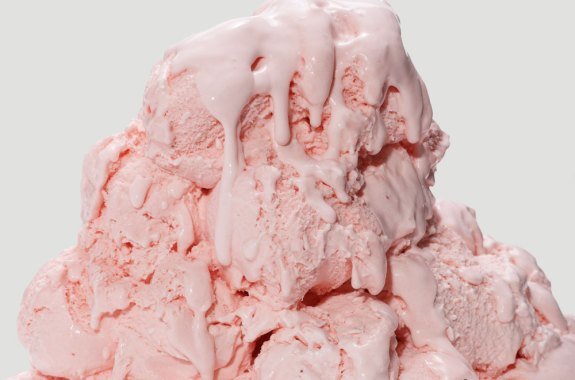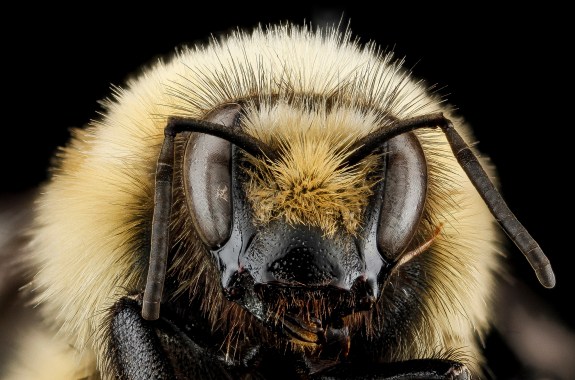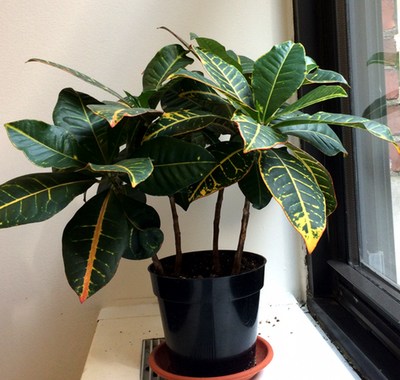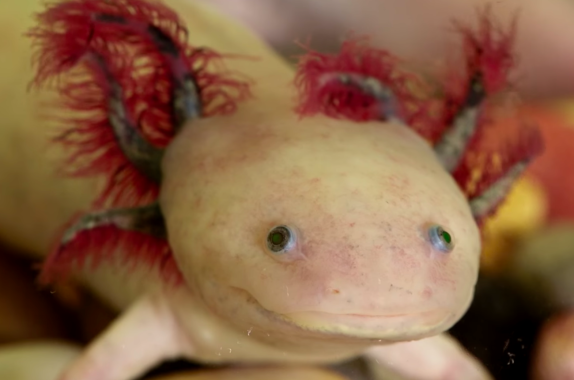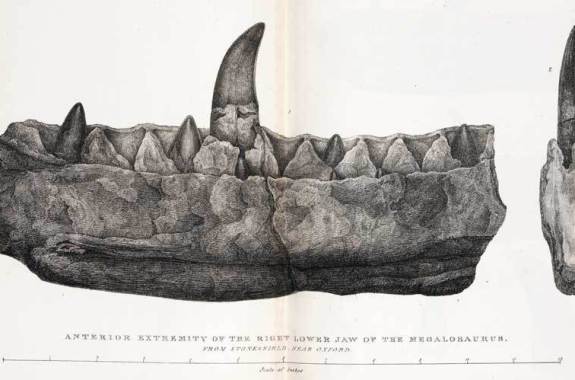On Today's Podcast
Are My THC Gummies Going Away?
A federal law aims to close the legal loophole that lets stores sell THC products from hemp. Why are laws around cannabis so confusing?
Listen NowFebruary 20, 2026
Autism has long been thought of as a condition that mostly affects boys, but data suggest that’s not true. Plus, an update on the first state-run psilocybin therapy programs, and why the American Medical Association is joining an effort to launch an independent vaccine review panel. And, what record-low snowpack in Utah and Colorado means for the region’s water supply.
17:26
A Sci-Fi Writer Keeps His Eye on ‘Spaceship Earth’
In his new novel, “Aurora,” sci-fi writer Kim Stanley Robinson puts the dream of interstellar colonization under the microscope.
8:20
Total Meltdown: The Rate of Ice Cream Collapse
A food scientist explores how the microstructure of ice cream controls the rate at which it melts.
8:23
Why Do Screams Make You Shudder?
Human screams have a unique audio quality not found in other types of speech.
Well, Hello, Pluto!
Our most up-close-and-personal shot of the (dwarf) planet yet.
12:22
‘Biological Aging,’ Debunking Signs of Cometary Life, Triceratops Kin
Rachel Feltman of “The Washington Post” joins us for a roundup of the top science stories this week.
17:43
New Horizons Prepares for Pluto Close-Up
The New Horizons probe is about to capture its prize: a close-up of Pluto.
9:47
Is Climate Change the Plight of the Bumblebee?
Climate change has caused bumblebee habitats in North America to retreat by as much as 190 miles in some areas.
6:51
Lollipops Meet Lasers in This Lab
Science documentary producer Emily Driscoll stopped by a Willy Wonka-like math lab to see what lollipops can teach us about fluid dynamics.
12:02
Forget-Me-Not: How Prions Maintain Memory
Nobel Laureate Eric Kandel discusses the role of prions in maintaining long-term memories.
28:04
The Ultimate Geek Road Trip
“The Geek Atlas” author John Graham-Cumming helps us plot the ultimate geek road trip, with sites spanning the history of science, technology, and mathematics.
5:14
Astronomers Play Hide-and-Seek with Supermassive Black Holes
Researchers estimate that there are millions of supermassive black holes hidden in the universe.
Track A Plant’s Movement
Are your plants moving without you knowing it? Catch your plant’s secret movements, called tropisms, in this hands-on activity.
The Antenna That Detected the Big Bang
An excerpt from “The Geek Atlas: 128 Places Where Science and Technology Come Alive.”
Mexico’s Singular Salamander
This critically endangered salamander reaches sexual maturity without undergoing metamorphosis.
Take the Science Friday Lollipop Challenge!
Test out how many licks it takes to get to the Tootsie Roll center of a Tootsie Pop, and report back.
The Lollipop Hypothesis
Mathematicians studying fluid dynamics designed experiments to watch how lollipops dissolve.
Beyond the Pie Chart
Information designer David McCandless uses beautiful, complex graphics to illuminate science, leaving the lowly pie chart in the dust.
12:23
These Brains Changed Neuroscience
In “The Tale of the Dueling Neurosurgeons,” science writer Sam Kean explains how the field of neuroscience emerged from stories of brains gone awry.
